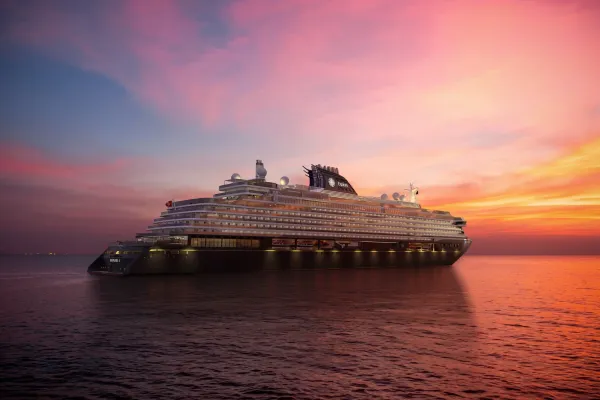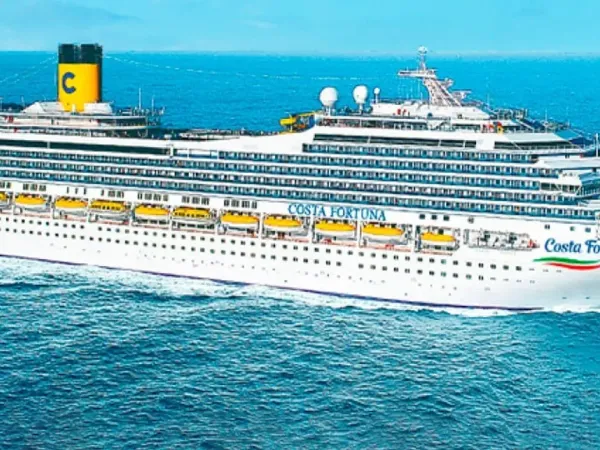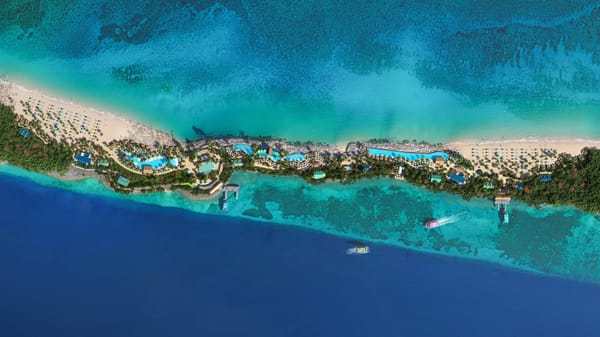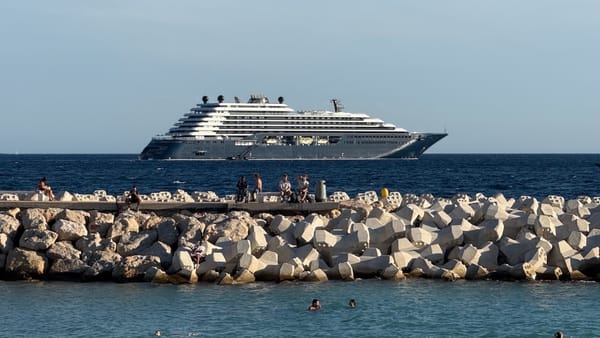Cruise lines threaten to boycott Spanish ports amid protests
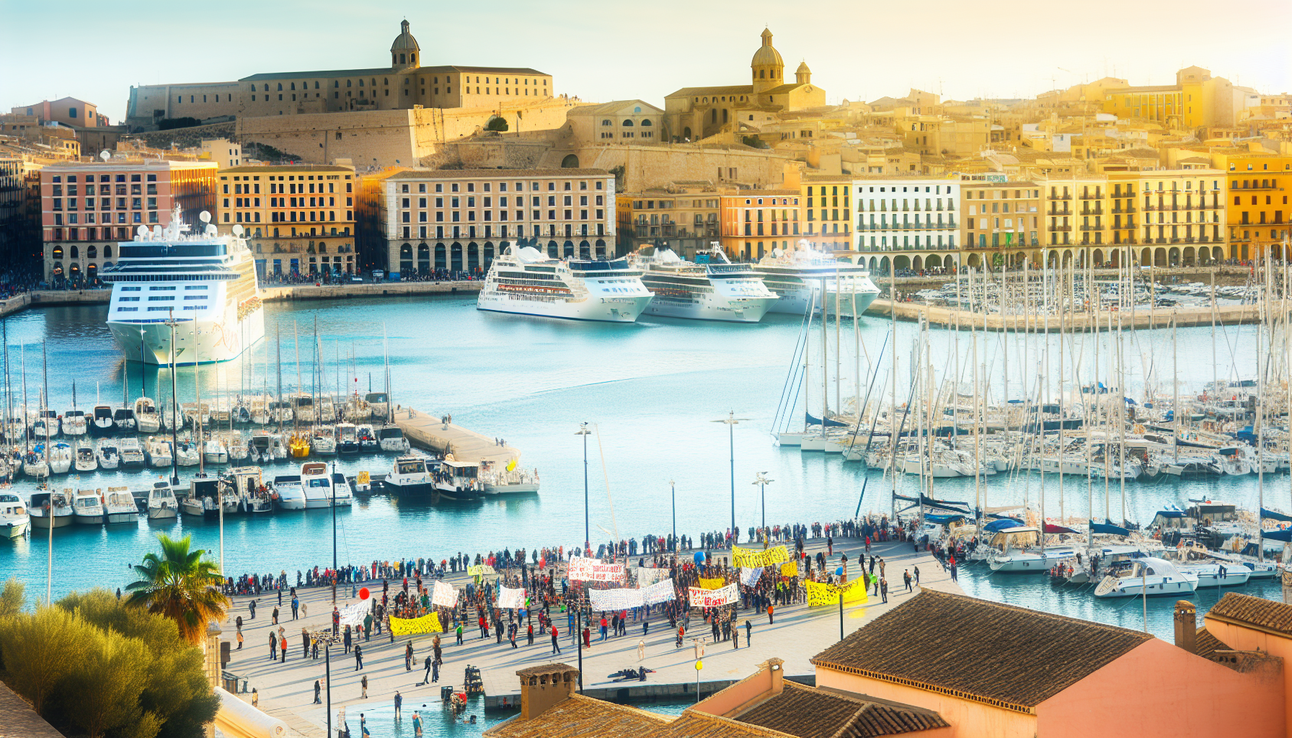
The recent news regarding cruise tourism in Spain, particularly in Barcelona and Mallorca, has highlighted a growing tension between local residents and the influx of tourists. Protests against tourism have surged, with demonstrators voicing their frustrations through signs that read “Tourists go home.” This wave of activism is primarily spurred by concerns over rising housing costs and the strain on local infrastructure due to the overwhelming number of visitors, often surpassing the resident population in smaller locales.
The Cruise Lines International Association (CLIA) has alerted the cruise industry about the potential for a boycott of these popular Spanish destinations if the situation escalates further. Reports indicate that visitors in places like Barcelona have faced hostility, which could harm Spain's reputation as a welcoming cruise destination. The ongoing protests pose a significant challenge as local authorities seek a balance between supporting the economy through tourism and accommodating the needs of residents.
Impact of Protests on Cruise Tourism
In recent months, protests have intensified in tourist-heavy areas like Barcelona, where demonstrators have resorted to tactics such as blocking roads and confronting tourists directly. These actions have raised alarms within the cruise industry, as they threaten the reputation of Spain as a desirable cruise destination. Residents argue that the surge in tourism has led to increased living costs, prompting calls for more sustainable tourism practices.
Responses from Authorities
Some Spanish ports are beginning to implement or consider regulatory measures limiting cruise ship entries. For instance, Mallorca has set a cap on the number of cruise ships docking daily, while the Canary Islands have seen similar movements advocating for sustainable tourism. These efforts reflect a growing awareness of the need to manage the negative impacts of overtourism on local communities.
Shifting Cruise Itineraries
According to CLIA, while the industry does not expect a drop in turnover, there may be a notable shift in the destinations that cruise ships choose to visit. More welcoming locations, particularly in the Middle East and Asia, are seeing considerable investments in their cruise tourism sectors. These regions aim to attract passengers with a hospitable environment and improved facilities.
Future of Cruise Tourism in Spain
Despite the push for restrictions at the local level, the Spanish government has been hesitant to impose blanket bans on cruise ships, emphasizing the economic benefits of tourism. Spain welcomed over 12 million cruise passengers in 2023, indicating a thriving cruise tourism market. However, local authorities are exploring various strategies to mitigate the impacts while still benefitting economically from tourism.
Economic Contributions of Cruise Tourism
Cruise tourism significantly contributes to Spain's economy, accounting for both direct and indirect spending. Passengers often engage in local activities such as dining and shopping, which stimulate the economy. However, this financial boost must be balanced against the quality of life of residents, prompting discussions about sustainable tourism initiatives.
Global Trends in Cruise Tourism
As Spain grapples with the challenges posed by cruise tourism, other countries are setting the standard for embracing visitors. Notably, Saudi Arabia has opened its ports to cruise ships and plans to launch its cruise line in late 2024. The Asia-Pacific region is expected to see an 89 percent increase in cruise capacity by 2024, signifying a shift in tourism dynamics.
Conclusion
In conclusion, the ongoing protests and calls for sustainable practices highlight the complexities surrounding cruise tourism in Spain. As local communities seek to address the issues stemming from surging visitor numbers, the cruise industry must adapt to changing sentiments and public demands. Future success may depend on finding a balance that nurtures both the economy and the community's needs.
FAQs
What are the main reasons behind the protests against cruise tourism in Spain?
The protests against cruise tourism in Spain stem from concerns over rising housing costs, overcrowding, and the impact on local infrastructure due to the high volume of tourists.
How has the Cruise Lines International Association (CLIA) reacted to these protests?
CLIA has warned that cruise lines may consider boycotting popular Spanish destinations like Barcelona and Mallorca if anti-tourism sentiments escalate further.
What actions are Spanish ports taking in response to the protests?
Several Spanish ports, including Mallorca and the Canary Islands, are implementing or considering restrictions on the number of cruise ships allowed to dock, aiming for sustainable tourism practices.
Are there any positive trends for cruise tourism in other regions?
Yes, regions such as the Middle East and Asia are making significant investments in their cruise tourism sectors, with Saudi Arabia and the Asia-Pacific expecting substantial increases in cruise capacity.
What are the economic implications of cruise tourism in Spain?
Cruise tourism contributes significantly to the Spanish economy through direct and indirect spending; however, managing the balance between economic benefits and local residents' quality of life remains a challenge.

